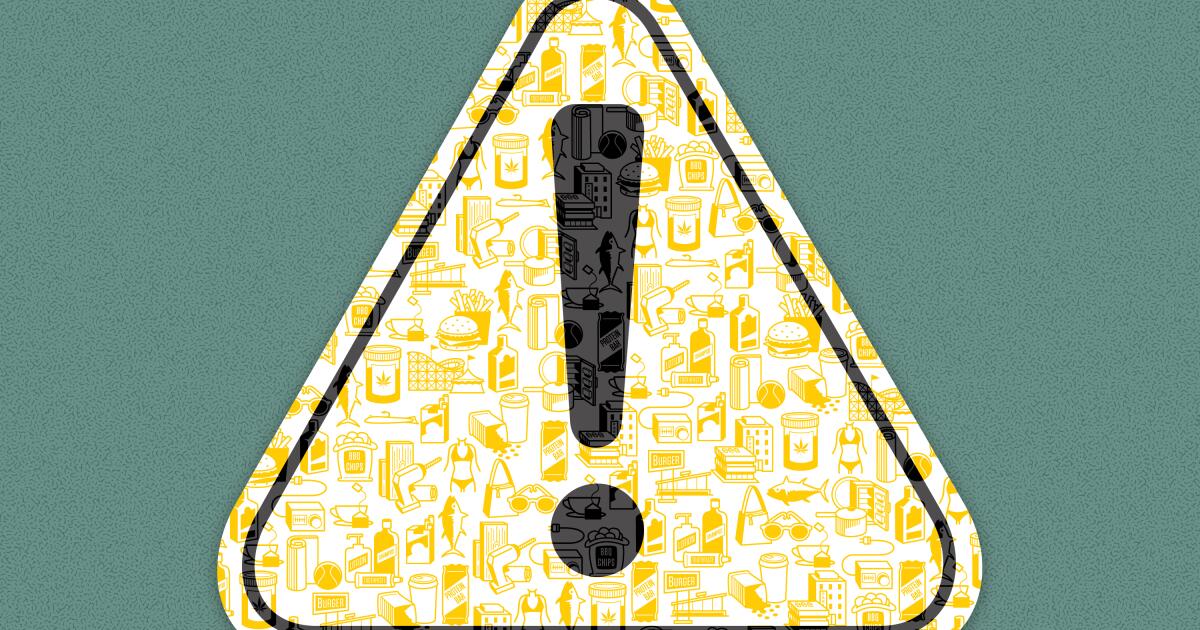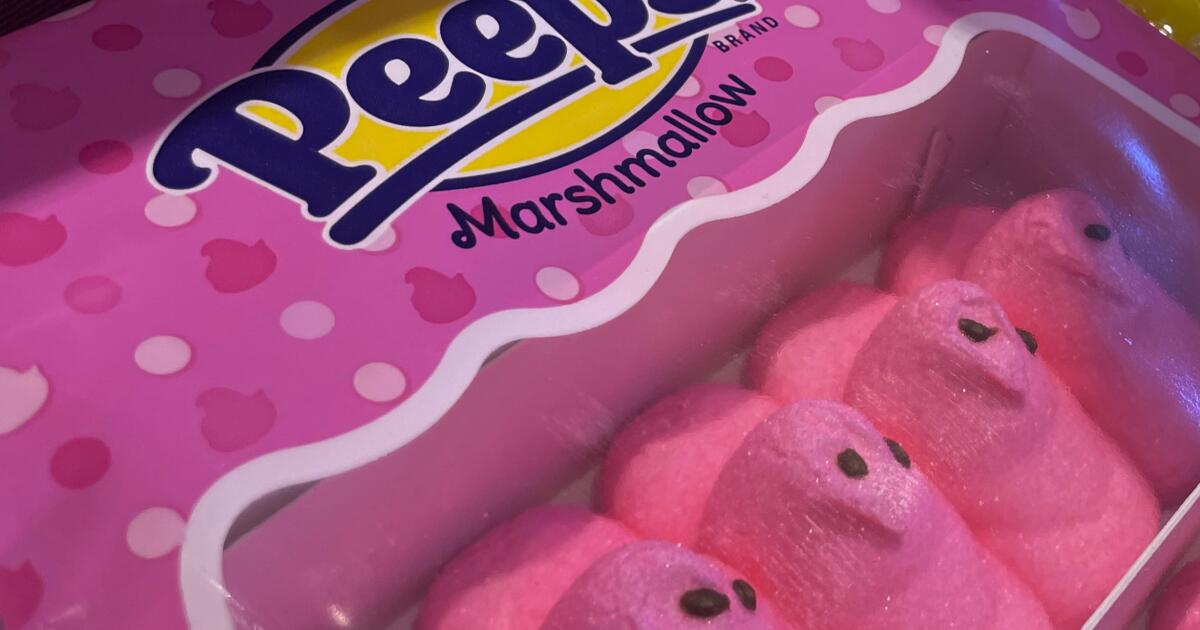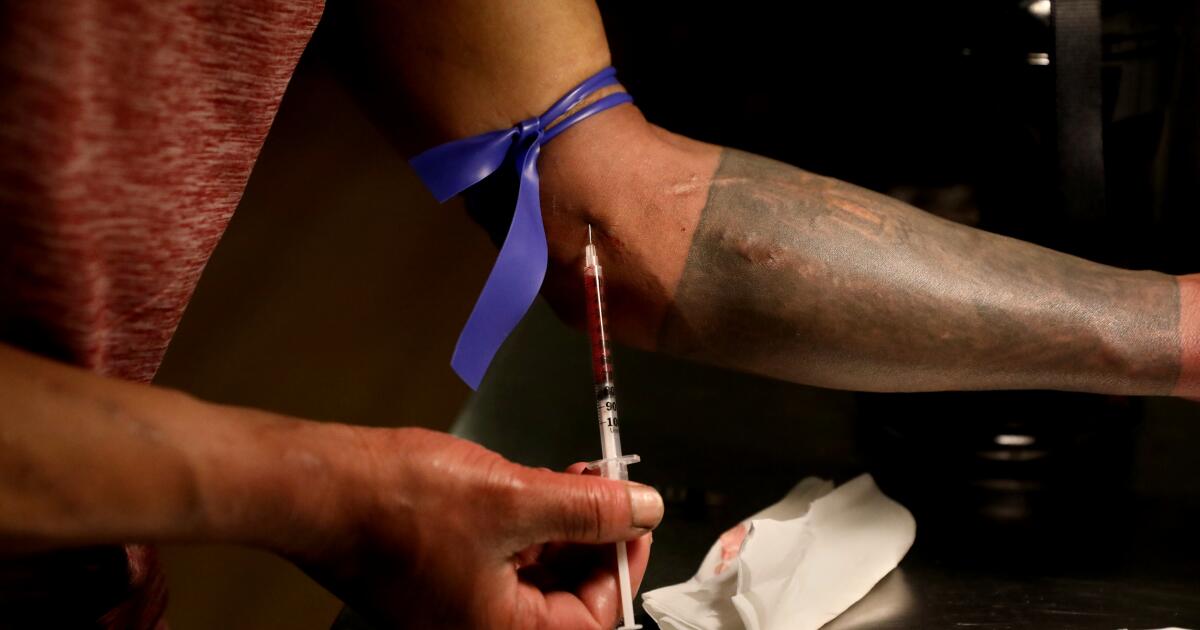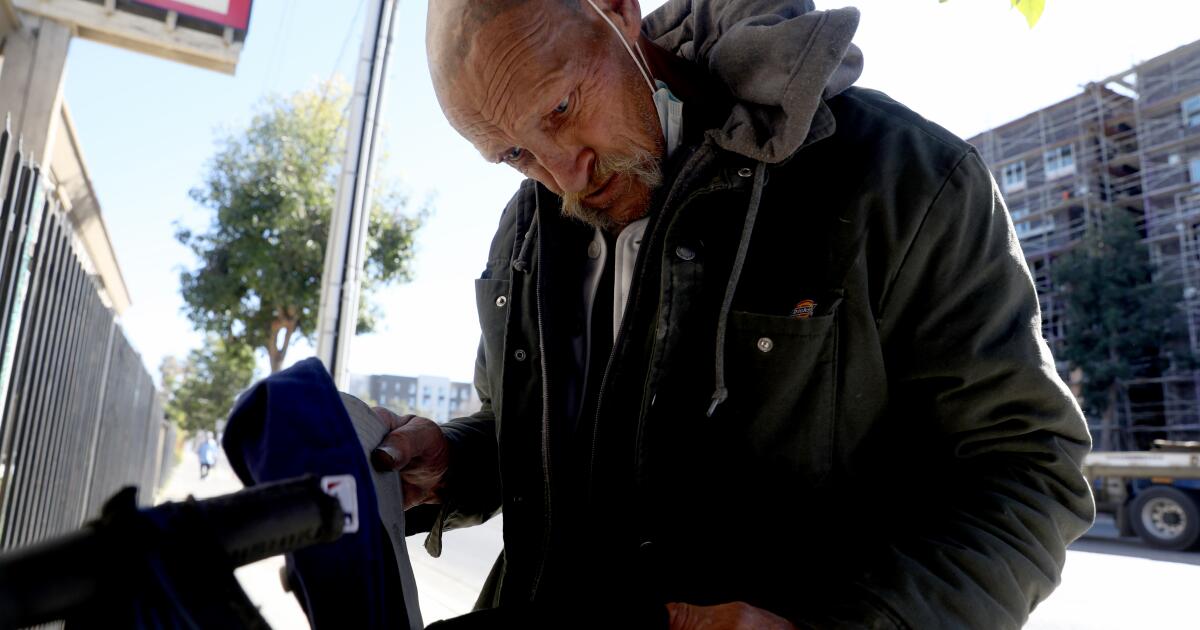
California communities are banning syringe programs. Now the state is fighting back in court
LA TimesAs Indiana officials struggled to contain an outbreak of HIV among people who injected drugs, then-Gov. In El Dorado County, local leaders asserted that the efforts of the Sierra Harm Reduction Coalition had not “meaningfully reduced” HIV or hepatitis C cases since its syringe program began four years ago and said the free needles were ramping up the risk of deadly overdoses, which they argued were a bigger threat. Without the group’s efforts, she wrote, “El Dorado County could have potentially lost more than ten times as many people to overdose.” Under state law, the California Department of Public Health has the authority to approve syringe programs anywhere that deadly or disabling infections might spread through used needles, “notwithstanding any other law” that might say otherwise. The agency argued that the “significant state and public interest in curtailing the spread of HIV, hepatitis, and other bloodborne infections extends to every jurisdiction in the state, especially since Californians travel freely throughout the state.” After El Dorado County prohibited syringe services in unincorporated areas, the state public health department adjusted its authorization for the Sierra Harm Reduction Coalition program, limiting its operations to Placerville. — Ricky Bluthenthal, a USC sociologist who studies syringe programs The California Department of Public Health declined to address whether it planned to challenge local bans on syringe programs elsewhere in the state, saying it “cannot comment on active litigation strategy.” Syringe programs have long faced public skepticism: In a 2017 survey, only 39% of U.S. adults said they supported legalizing them in their communities.
History of this topic

Judge halts ban on syringe programs as El Dorado County legal battle continues
LA TimesDiscover Related


















)

